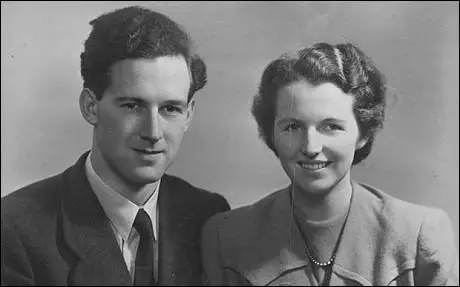
This week's update features the First World War's biggest hospital, the mysterious disappearance of a celebrity preacher and the top ten British sweets.

* Six unexpected First World War battlegrounds.
* Why did Malta become one of the First World War's biggest hospitals?

* The myth of the Angels of Mons.

* Why was the first German defeat of the First World War in Africa?

* What was the real story behind the African Queen?


* The incredible life of Mavis Batey.

* A woolly mammoth skeleton was sold to a private collector for £189,000 this week.

* A cemetery dating back roughly 1,700 years has been discovered along part of the Silk Road, a series of ancient trade routes that once connected China to the Roman Empire.

* The incredible journey of Edward 'Teddy' Norton on Mount Everest.

* Has the imagination disappeared from Lego?

* The mysterious disappearance of a celebrity preacher.


* A countdown of the top ten British sweets.
* Why dictionaries still matter.

* A study published in the Archives of Sexual Behaviour reported that men are ‘more turned on by history documentaries than by romance’.


* Chris Riddell's love letters to libraries.

* Science shows something surprising about people who still read fiction.
* Writerly mystique vs. self-exposure - which is better?
* Faking it: when book reviews go bad.
* Renowned crime fiction writer, P D James has died.

* What if novels were treated like business books?

* A fantastic competition from the Barbican for all crime fiction lovers ...

Which history and publishing stories have you enjoyed reading this week?
